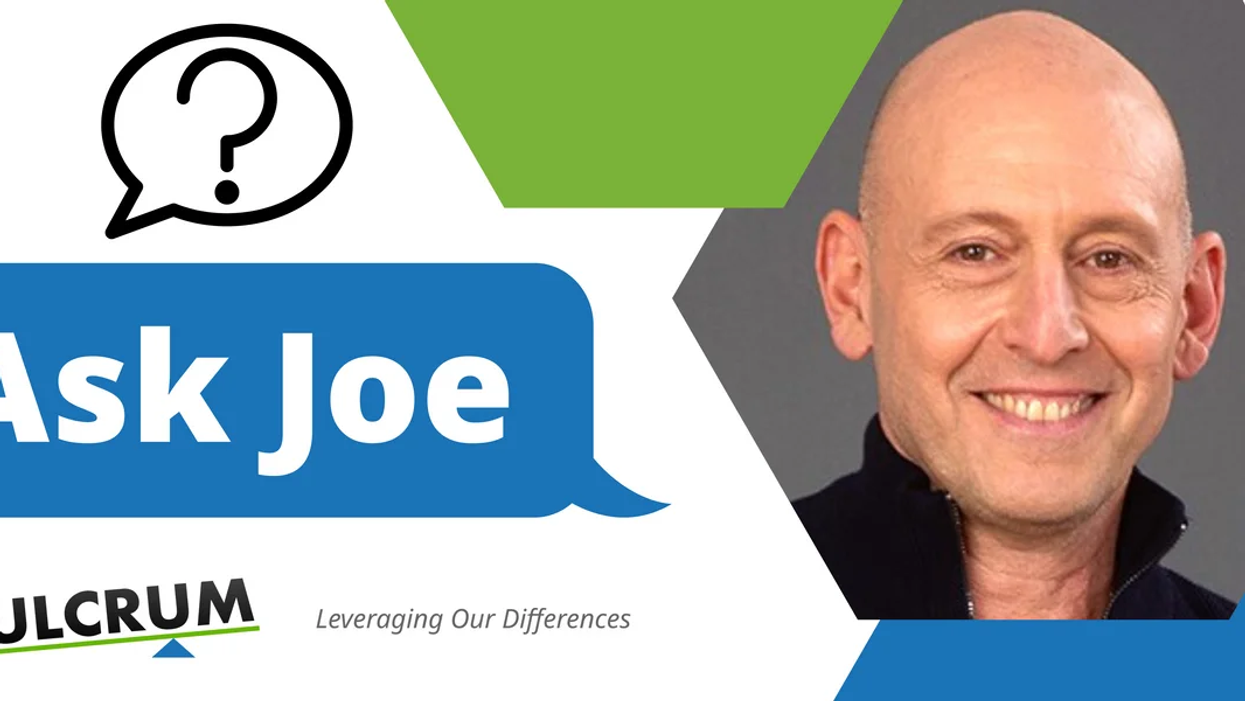Hey Joe,
I appreciated your last post about stress and feeling discouraged. You talked about self-care and nourishment. That all sounds good, but I don’t have time at this moment for that. I wish I did. What do you recommend?
Too busy
Hey Too busy,
I’m glad to hear you appreciated the last post. And yes, I get it that time is limited for self-care and committing to authentic connection with others. But imagine investing a small percentage of time into your physical, emotional, mental, or spiritual wellbeing that you put into your devices! When you see only one bar on your phone, you know exactly what to do without hesitation. Panic may set in if your battery power percentage is in the single digits. Why shouldn’t the human body get the same treatment?
I have this discussion with many of my clients and in all my trainings. Self-care doesn’t have to include a gym membership, pedicures, massages or 45-minute yoga routines (although those are great once in a while if you can afford it, and if it’s your thing). Five minutes here and there can go a long way!
Take a few deep breaths before a meeting. Shake your body after a meeting. Listen to a song that opens your heart when you are feeling overwhelmed. Ask a friend you trust if they have five minutes for a quick call just to connect. Text a heart emoji to a friend who you know is going through a rough time. Do a crossword puzzle. Get a plant. Take a walk with a friend or with a work colleague. Many of these small things throughout the day has a powerful cumulative effect.
What’s your ways to nourish yourself, Too busy? One of my favorite self-care rituals is going to an actual movie theatre during the day when I have time, big bag of popcorn, hardly anyone in the theatre. The further away from reality the movie is, the better. I know that’s more than five minutes, but I reserve the time because I know the beneficial effects go a long way for me. Do what you know works for you!
I would like to share with you one of the exercises included in my upcoming book which will be launched in January, Fierce Civility: Transforming our Global Culture from Polarization to Lasting Peace. I developed this practice when I was working with wounded combat veterans living with extreme PTSD. It helped them to come into a deeper state of presence, grounding, and inner balance. When we rejuvenate and tap into internal powers, we have a better chance to manage the volatile whirlwind around us and better evaluate our level of safety in any given moment:- Sit or stand with your spine straight but not rigid; jaw, shoulders and belly relaxed.
- Focus on your core – a spot in your lower belly, approximately three finger-widths below your navel, one third of the way into your body from the front. This is your center of personal power, gut wisdom, presence, awareness and deeper listening.
- From your center, become aware of your feet (and perhaps your lower body if you are sitting) on the ground. Feel the stability of the ground, allowing your nervous system to register that you are held and connected. Let yourself be held.
- From your center, become aware of the middle of your chest, or your heart center. This is where you access the power of the heart – compassion, courage, connection, to name a few.
- With this awareness of your feet on the ground, your core and your heart, take a slow deep breath in through your nose, hold the breath for a moment, and then let the breath spill out of your mouth with no effort.
- Do this at least 3 times: in through your nose very slowly, releasing through your mouth, maintaining connection with your feet on the ground, your core and your heart.
- Notice how this effects your heart rate, the depth of your breath, your inner state and connection with yourself, your surroundings and others.
Regular practice of this exercise will help to form new habits of resilience and rejuvenation. This means that you will instantly do this practice without having to think about it. You may hear yourself saying in stressful moments, “Feet on the ground, focus in my center and heart, take deep breaths.” And if there was ever a time when this was needed, it’s now!
These are a few suggestions, Too busy. There are so many resources out there to support you in finding the two or three self-care things that would work for you. Remember, five minutes of simple practices throughout the day goes a long way.
Don’t overthink it,
Joe
Learn more about Joe Weston and his work here. Make sure to c heck out Joe’s bestselling book Fierce Civility: Transforming our Global Culture from Polarization to Lasting Peace, published March 2023.
To Ask Joe, please submit questions to: AskJoe@Fulcrum.us.




















Marco Rubio is the only adult left in the room